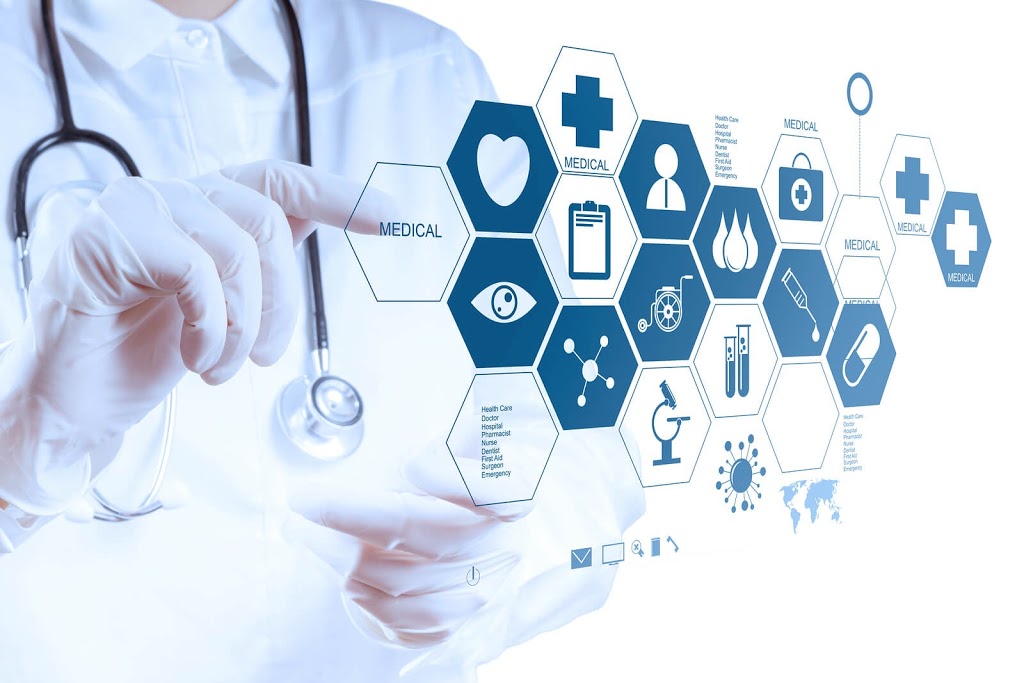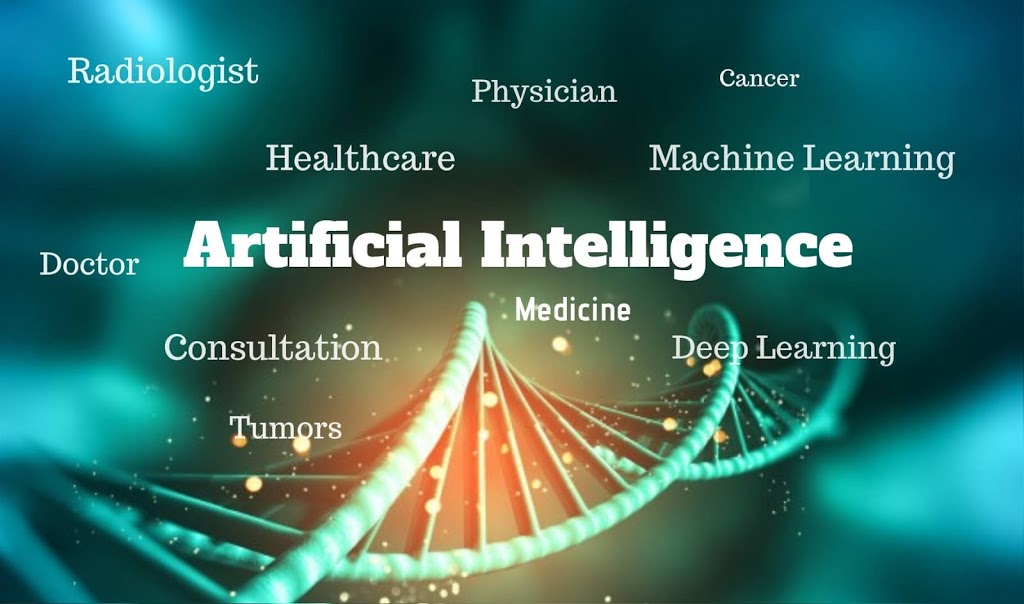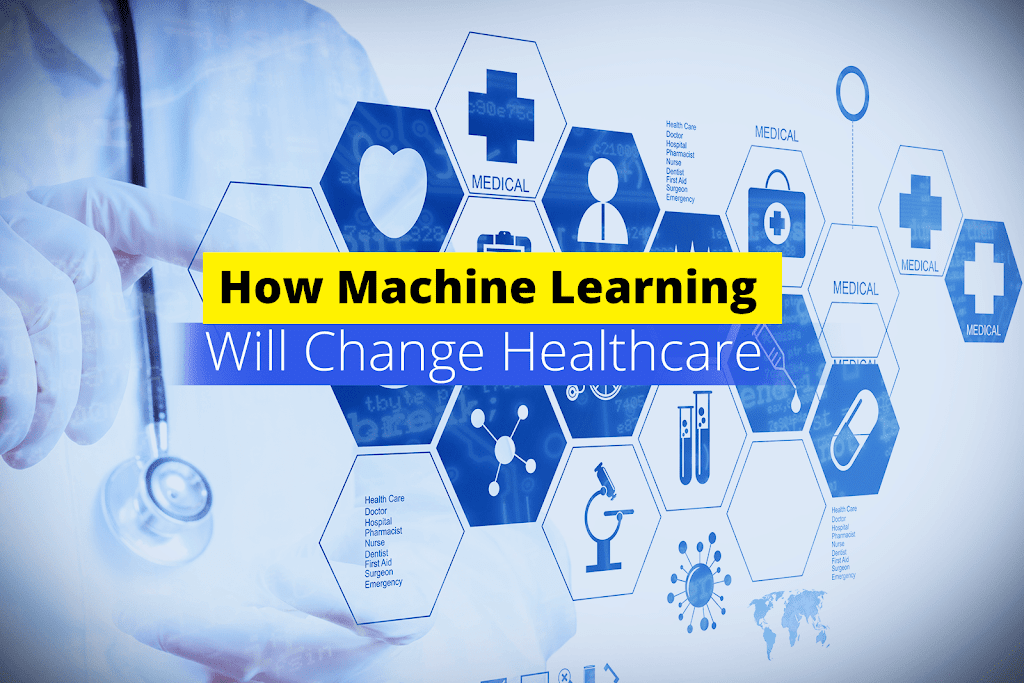Artificial intelligence is playing a vital role in healthcare sector and likely to become the key technology to make the entire healthcare system work with more efficiency and help people stay healthy.
Actually, with the more innovations and evocative developments in AI, the healthcare sectors will get more leverage through this technology. From faster diagnosis to round-the-clock healthcare monitoring of people, AI is going to change the way healthcare sector operates and perform various activities.
How AI will Change Healthcare?
AI in Radiology
AI in radiology works like an artificial mind detecting the disease with an acceptable level of accuracy. And AI-enabled machines or medical systems not only can detect the diseases but can also suggest the medicines as per the patient’s biological conditions and types of syndromes evident at the initial stage of diagnosis by the doctors or medical attendants.
Detection of Critical Diseases with more accuracy
In upcoming years the scenario is healthcare sector is likely to completely change with more success in detecting the diseases with better accuracy. With the help of huge quantity of medical imaging training data, the AI model will become more efficient in detecting the critical diseases like cancers, heart attacks and other life-threatening diseases with precise medicine and treatment procedures.
AI will be visible everywhere, from assisting the people at OPD to consulting the doctors virtually, or physically with more advanced diagnosis process for timely and accurate detection of disease.
High-speed Imaging Analysis and Ailment Diagnostic
Conventional neural network (CNNs) is one the type of deep learning that is used for analyzing the images like X-rays, CT Scan and MRI to diagnosis the possible diseases. This neural network technology is designed with motive to that it will process images, allowing the networks to handle the larger images and operate with better efficiency.
Several schools of medicine and research centers have developed a deep neural network capable of diagnosing the crucial neurological conditions, such as stroke and brain hemorrhage, around hundred times quicker than human radiologists with highest accuracy and some CNNs are even surpassing the accuracy of human diagnosticians.
New Drug Research and Precision of Medicine
Deep learning also works with precision medicine and drug discovery agenda to provide a most advance medical research systems to developers. And to achieve such agenda a huge volume of genomic, clinical, population-level and healthcare training data with the goal of identifying previously unknown associations between genes, pharmaceuticals, and physical environments is required with right algorithm.
The medical research centers and universities are seriously working with deep learning technologies that will help to accelerate the process of analyzing data, these institutions also expecting the combination of predictive analytics and molecular modeling will hopefully uncover new insights into how and why certain cancers form in certain patients that will help to provide better and timely cure and treatments.
AI in Epidemiology to Fight with New Diseases
Similarly, AI in epidemiology can help doctors and medical experts before the outbreak of deadly disease to minimize its impact on the people. But again here AI in medical diagnosis system can do this job precisely if the model is trained with the right quality and quantity of medical imaging training datasets that have been prepared with CT Scan, MRI or ultrasound medical imaging reports of infected patients.
And the hosting of such images at one place along with annotation and analysis framework will enable researchers to understand epidemiological trends and to generate new AI algorithms to assist with COVID-19 disease detection, differentiation from other pneumonia and quantification of lung involvement on CT for forecast or therapy planning in advance.
Apart from medical imaging, AI in epidemiology can be implemented with various other types of other data that only big data experts or data scientists can analyze the certain trends in changing the behavior of people or other types of a sudden change in economic activities or unexpected increase in demand of specific medicines or healthcare products, etc.
The Future AI in Healthcare
Neural network and deep learning is showing a progressive growth with prevalent opportunities in healthcare sector to develop more useful and efficient applications or computer systems that can provide better information with more quick and accurate results.
Further with the use of AI in healthcare setting, some deep learning algorithms will produce “transformational” outcomes with high accuracy. The use of deep learning and NLP Sentiment Analysis with right algorithm will help to understand casual conversation in a noisy environment, giving rise to the possibility of using a comprehensive, intelligent scribe to support the burden of documentation.
All these initiatives and developments will not only help return joy to practice by facilitating doctors and reduce their everyday workload, but at the same time also help the patients get more dedicated and thorough medical attention, ideally, leading to better care and quick recovery from critical diseases with least agony allowing the healthcare sector operate with better efficiency.



































